I am an elementary principal who works in the “kid business” and every year I meet so many students.They are so diverse in every sense of the word – some are topping the growth charts, some are barely making the growth chart, some have blonde hair, red hair, brown hair, black hair…you get the picture. Previously, my school had the goal of “…using academic curriculum to ensure that all learners meet the standards.” We have so many resources as leaders in education – more books than we have time to read, more professional development opportunities than we can fit into our busy schedules, guest speakers for motivation, guest speakers for grading, guest speakers who taught us older teachers to stop wearing our cell phones in a pouch on our belts or kids would never relate to us! I really wondered – what more I could do to make a difference in the lives of my students?
It was not until the summer of 2017 that my life changed forever as an educational leader. I took time to attend The National Institute for Trauma and Loss in Children Childhood Trauma Practitioners Conference. After listening to Dr. Caelan Soma, Derek Allen and Kathy Hart, I realized this was the training I had been missing during my 18-year career in education. I was like a sponge during the 3-day training. I would write until my hand cramped and then I would type until my wrists hurt and so on. I met with my colleagues at the end of each training session and we shared our notes, thoughts and ideas with a level of excitement we have never felt before. We discussed how everyone in our entire district needed to be trained to work with children who have experienced trauma. We decided we would meet with our district leaders, share our experiences and determine what was going to change in our buildings during the 2017-2018 school year. We knew we were on to something great! We implemented the practices we learned, we studied the books, our notes and designed comfort corners. We required that every teacher in our 2 respective buildings listen to our presentations for working with students of trauma. We required every classroom to have a comfort corner and to use it as designed, never as a punishment. After all, what is comforting about being forced into a comfort corner? We asked teachers to model the use of the comfort corner when needed. I had one teacher that calls her corner, “Australia”. She told her class, “I’m in need of a break, you need to be problem solvers for the next 2 minutes while I go to Australia.” She went and sat in the bean bag chair with the animals by her side and netting hanging from the ceiling. One child started to approach her and she said, “Nope, I’m in Australia and I still have a minute left…be a problem solver!”
Fast forward to May of 2018, our 2 pilot schools who have implemented the information we learned from our TLC training and trained our staff members on the best practices of working with students of trauma. We have seen an overall reduction of 45% in discipline referrals during this entire school year. We now look at children through a different “lens”, we respond to children differently, we ask ourselves, “What has happened to this child?” instead of “What is wrong with this child?”
Ultimately, our children have not changed.They still come to us in all shapes, sizes, hair and skin color, and with various family income levels. The one thing that has changed is our response to children. We are building relationships and a safe learning environment, and we are making social/emotional learning our top priorities – and it’s working. While we have yet to receive our National standardized test results back, I can only imagine the scores will rise. I feel this because of the social and emotional gains I have seen. Students are taking “time-ins” in their classrooms rather than being sent to the office for “time-outs,” they are learning to self-regulate, and they are feeling cared for rather than alienated. I challenge you to take time to look at your students through a trauma-informed lens and to build new, caring relationships with them, because from my firsthand experience, you will reap the benefits for many years to come.


